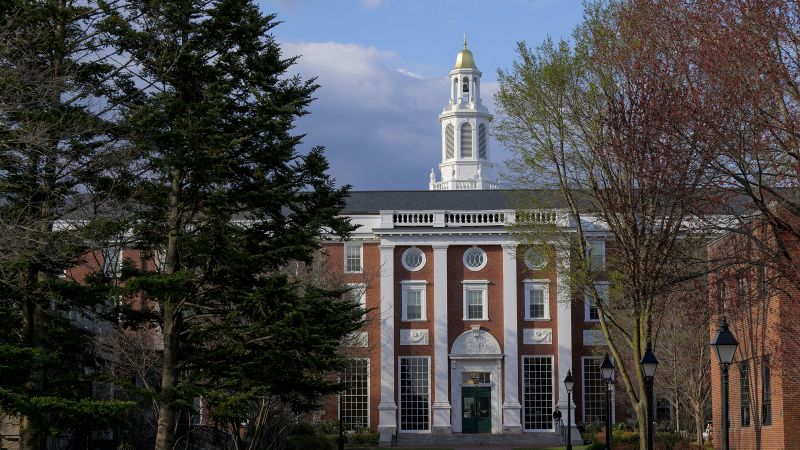Harvard Under Siege: Inside Trump's Controversial Campus Crackdown

A covert initiative targeting Harvard University and other higher education institutions is gaining momentum, led by a specialized Justice Department task force. At the helm of this aggressive campaign are key figures from the Trump administration, including controversial commentator Leo Terrell, a former civil rights lawyer turned Fox News personality, and influential policy strategist Stephen Miller.
The task force operates with precision and determination, focusing its efforts on challenging what they perceive as systemic biases within academic institutions. Terrell and Miller, both known for their provocative approaches to institutional reform, are working behind the scenes to scrutinize and potentially challenge Harvard's admissions policies and academic practices.
Their collaborative effort represents a significant escalation in the ongoing debate about diversity, merit, and equal opportunity in higher education. By leveraging the Justice Department's resources and legal expertise, the team aims to reshape the landscape of academic admissions and institutional accountability.
While the full extent of their strategy remains largely undisclosed, the task force's actions signal a potentially transformative approach to addressing what they view as inequities in the higher education system. The initiative promises to be a pivotal moment in the ongoing dialogue about educational access and institutional practices.
